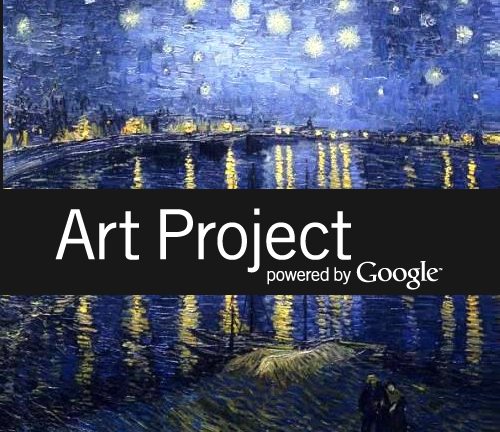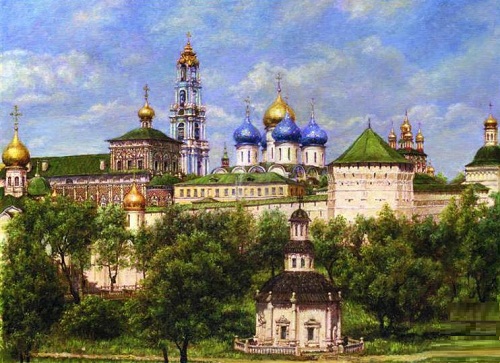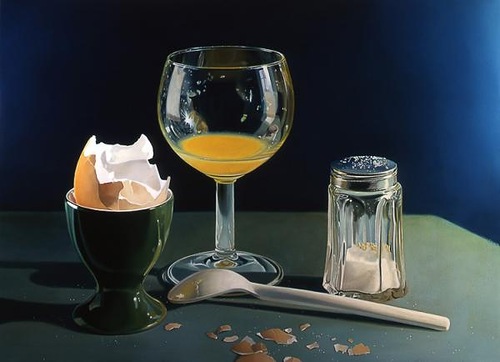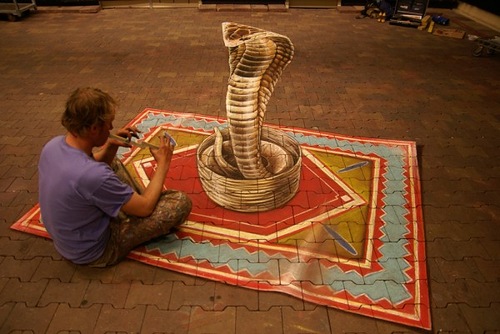Proverbial painting of Pieter Brueghel
Proverbial painting of Pieter Brueghel the Elder
“Nederlandse Spreekwoorden” or Netherlandish Proverbs, also known as The Topsy-Turvy World was painted in 1559, by Pieter Brueghel the Elder. The large scale painting depicts the literal meanings of Dutch proverbs. Displayed in the Berlin art gallery “Nederlandse Spreekwoorden” is filled with symbols related to more than a hundred well-known Dutch proverbs and sayings. Not all of them have been deciphered by modern scholars, as some expressions have been forgotten. Five years later, in 1564, the country was described proverbially by French writer Rabelais in his novel “Pantagruel”. With great artistic power Brueghel painted absurdity and foolishness of humans. The oil-on-oak-panel painting was originally entitled “The Blue Cloak or The Folly of the World”. His son made about 20 copies of his father’s painting, but not all copies exactly reproduce the original, differing from it in a few details.
The herring does not fry here (It’s not going according to plan), To fry the whole herring for the sake of the roe (To do too much to achieve a little), To get the lid on the head (To end up taking responsibility)
The journey is not yet over when one can discern the church and steeple (Do not give up until the task is fully complete), If the blind lead the blind both will fall in the ditch (There is no point in being guided by others who are equally ignorant).
To bell the cat (To carry out a dangerous or impractical plan), To be armed to the teeth (To be heavily armed), To put your armor on (To be angry).
To kiss the ring of the door (To be obsequious), To wipe one’s backside on the door (To treat something lightly), One beggar pities the other standing in front of the door (Being afraid for competition).
In this detail there are three proverbs. 1. Where the corn decreases the pig increases (If one person gains then another must lose), 2. Where the gate is open the pigs will run into the corn (Disaster ensues from carelessness), 3. To run like one’s backside is on fire (To be in great distress).
If I am not meant to be their keeper, I will let geese be geese (Do not interfere in matters that are not your concern), Who knows why geese go barefoot? (There is a reason for everything, though it may not be obvious).
Proverbial painting of Pieter Brueghel

To bang one’s head against a brick wall (To try to achieve the impossible), One foot shod, the other bare (Balance is paramount)

To crap on the gallows (To be undeterred by any penalty), To keep one’s eye on the sail (To stay alert, be wary)

To marry under the broomstick (To live together without marrying), To stick out the broom (To have fun while the master is away)

To see bears dancing (To be starving), Wild bears prefer each other’s company (Peers get along better with each other than with outsiders)

To throw one’s cowl over the fence (To discard something without knowing whether it will be required later)

Two fools under one hood (Stupidity loves company), It grows out of the window (It cannot be concealed), To shave the fool without lather (To trick somebody)

Fools get the best cards (Luck can overcome intelligence), To lead each other by the nose (To fool each other)

He who has spilt his porridge cannot scrape it all up again ( Once something is done it cannot be undone)

Love is on the side where the money bag hangs (Love can be bought), To pull to get the longest end (To attempt to get the advantage)

Never believe someone who carries fire in one hand and water in the other (To be two-faced and to stir up trouble)

One shears sheep, the other shears pigs, Shear them but do not skin them (One has all the advantages, the other none)



















































